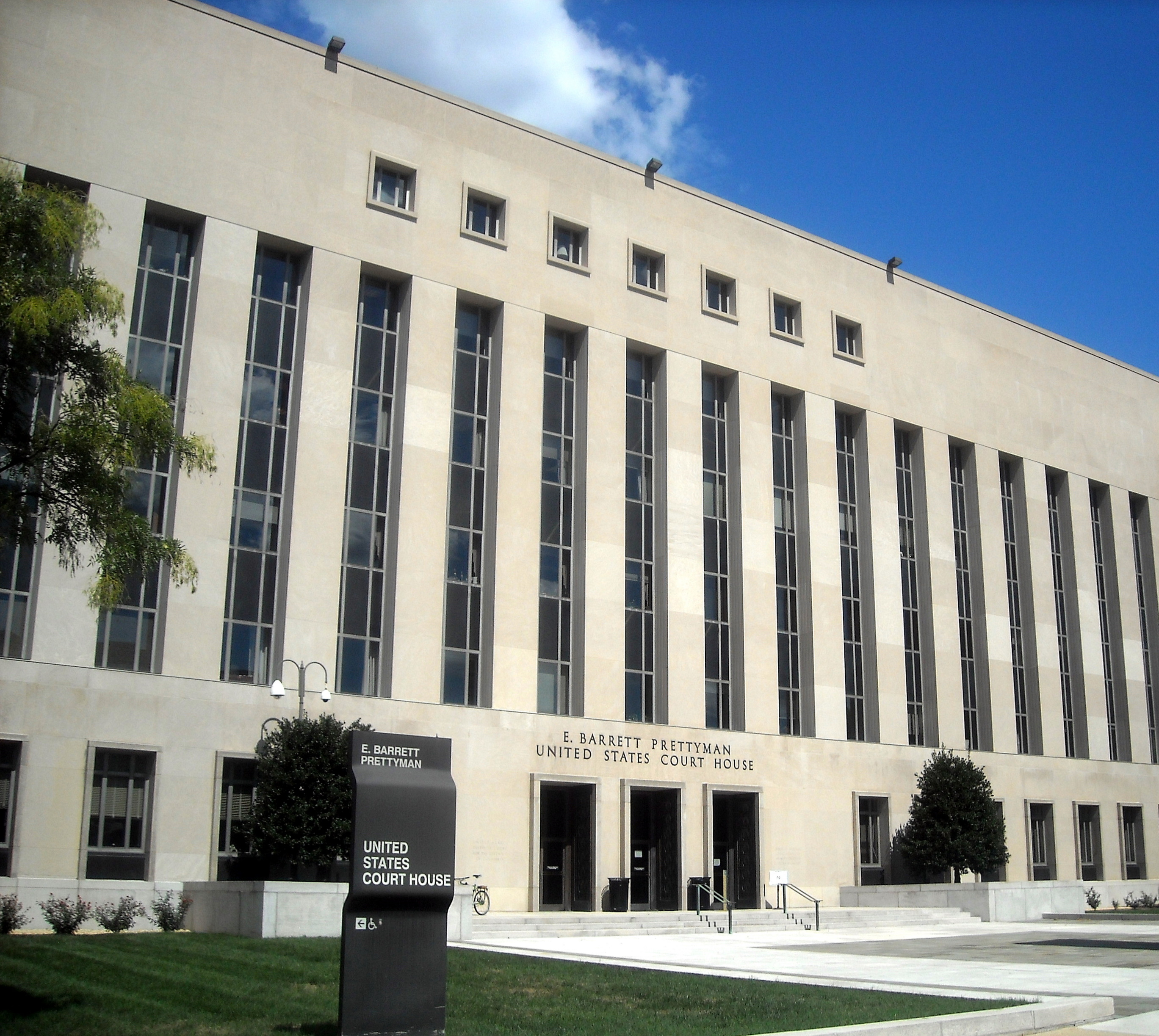Back to Work for FCC Lawyers

The smarter way to stay on top of the multichannel video marketplace. Sign up below.
You are now subscribed
Your newsletter sign-up was successful
Among those U.S. government officials who’ll be working through the partial shutdown are Federal Communications Commission lawyers preparing to defend the agency’s Restoring Internet Freedom order deregulating internet service providers.
That is because the U.S. Court of Appeals for the D.C. Circuit denied the FCC’s request to delay the oral argument, a request that had been OK with cable and telco ISPs.
Those legal eagles will join the FCC commissioners, other “essential personnel” and auction staffers who aren’t paid out of the appropriations that are currently held up.
The commission had pointed to the government shutdown and said it sought oral argument delay out of an “abundance of caution,” rather than suggesting it would compromise its defense of the action.
That argument remains scheduled for Feb. 1.
The Justice Department had advised government attorneys to request cases be postponed until government funding was available, but also pointed out that if a court denied any requests, it would constitute “express legal authorization” for the FCC attorneys to fully prepare for argument.
But like a number of others in the government, the attorneys will be working without pay. “[O]nly FCC employees working on auctions are getting paid on time through auction proceeds,” an FCC spokesperson confirmed. “So, [there will be] delayed pay for Office of General Counsel work on the Restoring Internet Freedom arguments.”
The smarter way to stay on top of the multichannel video marketplace. Sign up below.
Mozilla is challenging the FCC’s decision to classify ISPs as Title I information services, rather than Title II telecom services subject to some common-carrier regulations. The order eliminated rules against blocking, throttling and paid prioritization, as well as a general conduct rule to cover behavior not anticipated in the other measures.
In its opening brief to the court last October, the FCC said its order simply restored the longstanding regulatory status quo of broadband internet access service as an “information service” under Title I of the Communications Act, returning to a “light-touch” regulatory approach.
Contributing editor John Eggerton has been an editor and/or writer on media regulation, legislation and policy for over four decades, including covering the FCC, FTC, Congress, the major media trade associations, and the federal courts. In addition to Multichannel News and Broadcasting + Cable, his work has appeared in Radio World, TV Technology, TV Fax, This Week in Consumer Electronics, Variety and the Encyclopedia Britannica.

